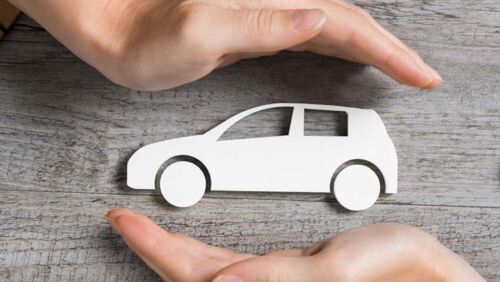Ask Paul: We feel guilty about taking out a loan for a new car
By Paul Clitheroe
We have nothing to complain about. Now in retirement, we are in our mid-50s, (mostly) debt free, own our home, have $48,000 in shares, another $23,000 in managed funds and $22,000 with a peer-to-peer lender across one-month and three-year and five-year terms.
Our income is from a Commonwealth pension, which leaves a good positive balance in our budget fortnightly after expenses and bill-paying reserves.
We regularly buy additional shares in currently held companies whenever their price or performance becomes attractive. But we have recently purchased a new car (the worst car we can bear to be seen in).
Since inception, we've hit the debt with a good deposit and extra fortnightly repayments (requires $283, we pay $500 a fortnight) and currently owe $17,000 at 5.99% with about two years to run.
We have just put another $500 into one of our company holdings, but feel a little guilty not putting it towards the car loan instead.
We understand the principle of paying non-deductible debt quickly, but how should we resolve our guilty pleasure in the future?
Should we treat exclusively paying off the car as an "investment", positive to our long-term benefit, the same way as buying shares is? - Kerry and Vicki
You two are a hoot! You really can't be Australians if you are not complaining. Surveys show we are the world's biggest whingers.
"Our health system is not good enough" - apart from being the best in the world.
"We don't earn enough" - apart from being one of the wealthiest people on the planet, and so on. So I am delighted to hear you can't complain.
I also laughed at your comment about buying the worst car you can bear to be seen in.
That fits nicely with my own saying: "Buy the cheapest car your ego can live with."
Commonwealth pensions are a wonderful asset and give you income certainty.
Given you are running a surplus budget and you have good assets, I am going to officially absolve you of all financial sins and hereby remove your "guilt syndrome".
Sure, you are right. Repaying personal debt is the way to go, but you are not wasting the money, you are investing it.
Repeat "We will keep investing sensibly and stick to our budget" three times and all is forgiven with the car.
You have bought the cheapest you can live with. What more can you do?
Get stories like this in our newsletters.



